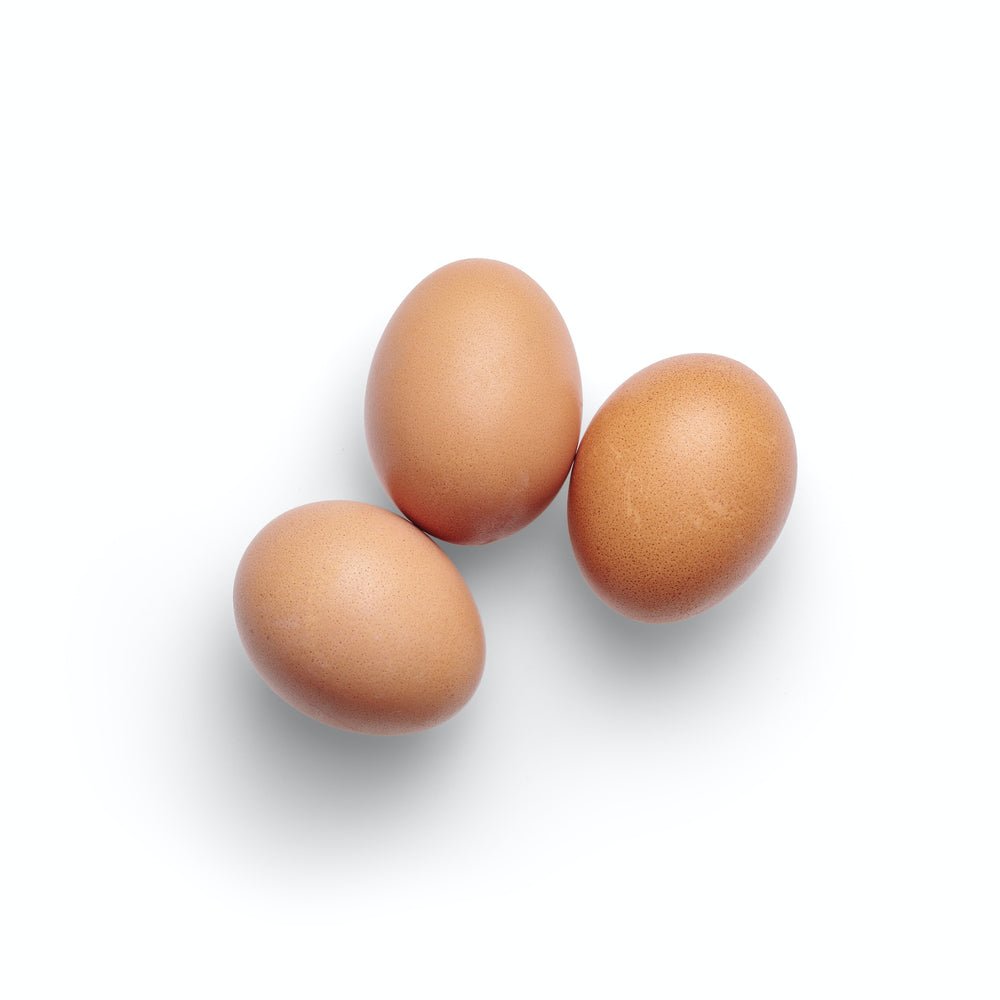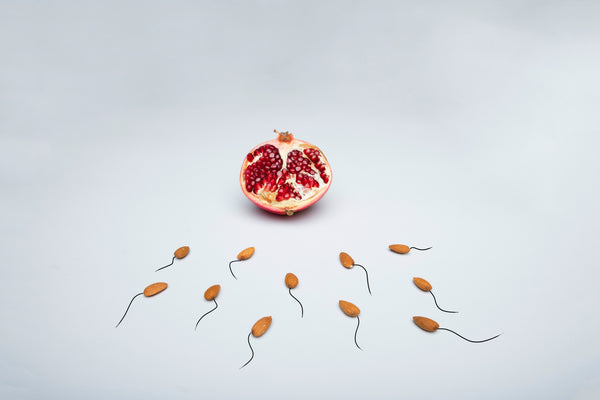Zinc supports DNA synthesis, hormone production and immune health across all stages of the reproductive journey.
Female Fertility
Zinc plays a central role in ovulation, egg quality and luteal phase support. It contributes to hormone regulation, cellular repair and antioxidant defence, especially during periods of high oxidative stress such as IVF stimulation or age-related decline.
Male Fertility
Zinc is one of the most important minerals for male fertility, supporting testosterone production, sperm count and morphology. It protects sperm from oxidative damage and contributes to DNA integrity, making it vital for conception and embryo quality.
Pregnancy
Zinc supports foetal growth, neural tube development and immune regulation. Adequate maternal zinc intake has been associated with reduced risk of complications such as low birth weight and prolonged labour.
Postnatal
After birth, zinc contributes to wound healing, hormone rebalance and immune resilience. It also supports the transfer of immune factors through breast milk during early infancy.












.jpg?v=1738933659341&options=w_1000)




